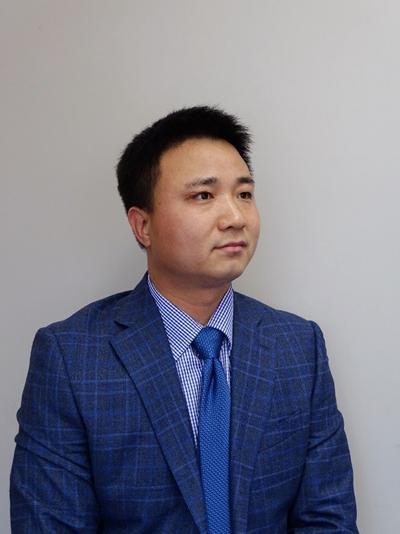Dr Bing Tao BSc, MSc, PhD
Visiting Research Fellow

Dr Bing Tao is a Visiting Research Fellow within the Water and Environmental Engineering Group at School of Engineering Faculty of Engineering and Physical Sciences, University of Southampton.
His PhD at University of Strathclyde was focused on development of materials and methods for remediation of metaldehyde from drinking water using porous and polymeric materials through the chemical engineering processes of adsorption, ion-exchange and catalysis.
After completion of PhD, he worked as a post doctorate researcher at the University of South Wales, with research interest centred at chemical and biochemical engineering. The research projects included the topics of advanced separation and purification processes, anaerobic digestion, anaerobic fermentation and biomethanisation of CO2.
Currently, he is a team member of a collaborative project funded by Industrial Biotechnology Catalyst and other industrial partners, which aims to maximise the biomethanisation of CO2 in anaerobic digestion plants. His main role in this project is to undertake experimental trials in the field of in-situ biomethanisation of CO2 by injecting H2 into anaerobic reactors to match solid and gaseous substrate inputs to achieve a methane concentration equal to natural gas; and to test the components of the hybrid system in long-term operation at a bench/pilot scale.
Qualifications
B.Sc. in Applied Chemistry
M.Sc. in Environmental Science
PGCert in Higher Education, Fellow of Higher Education Academy
Ph.D. in Chemical and Process Engineering
Career History
Oct 2016 – Present: Research Fellow at Water and Environmental Engineering Group School of Engineering, Faculty of Engineering and Physical Sciences, University of Southampton.
March 2014 – Oct 2016: Researcher at Wales Centre of Excellence for Anaerobic Digestion, Sustainable Environment Research Centre, Faculty of Computing, Engineering and Science, University of South Wales.
November 2010 – February 2014: PhD Candidate at Department of Chemical and Process Engineering, Faculty of Engineering, University of Strathclyde, Glasgow.